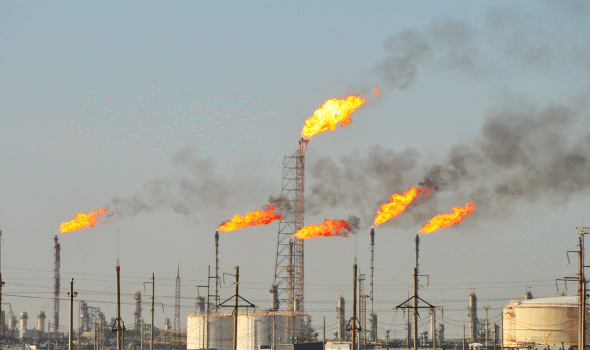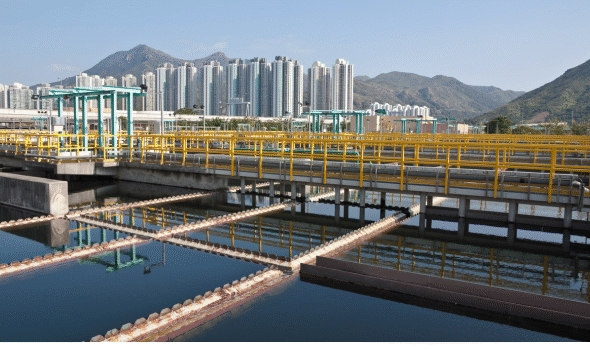INTRODUCTION:
The oil and gas industry operates in a complex and volatile environment, characterized by fluctuating market dynamics, high operational costs, and significant capital investments. Effective budgeting and cost control are critical to ensure profitability, operational efficiency, and sustainability in this resource-intensive sector. This course is designed to provide participants with the knowledge and skills necessary to manage budgets and control costs while navigating the unique challenges of the oil and gas industry.
Budgeting is a fundamental tool for planning, decision-making, and resource allocation in the oil and gas sector. This training explores best practices in developing budgets that align with organizational goals and industry standards. Participants will learn how to forecast expenditures, manage uncertainties, and identify cost-saving opportunities without compromising safety or quality.
Cost control is equally essential, as it directly impacts profitability and project success. The course addresses techniques for monitoring and controlling costs throughout the project lifecycle.
COURSE OBJECTIVES:
By the end of the course, attendees will be able to;
- Develop a comprehensive understanding of budgeting principles specific to the oil and gas industry.
- Equip participants with techniques to create accurate and realistic budgets.
- Explore the integration of financial strategies with operational objectives.
- Highlight the role of technology and data analytics in budgeting and cost control.
- Prepare participants to address challenges unique to the oil and gas sector, such as market volatility and regulatory compliance.
COURSE OUTLINE:
Module 1: Fundamentals of Budgeting in the Oil and Gas Industry
- Key principles of budgeting
- Types of budgets and their applications in oil and gas operations
- Budget preparation processes and aligning with organizational goals
- Challenges in oil and gas budgeting and strategies to overcome them
Module 2: Cost Control Techniques and Applications
- Importance of cost control in the oil and gas sector
- Tools and methodologies for tracking and managing costs
- Identifying and addressing cost overruns in projects
- Case studies on successful cost control strategies
Module 3: Financial Planning and Decision-Making
- Linking budgeting with financial planning
- Using cost data to support strategic decisions
- Risk management and contingency planning in budget execution
- Evaluating financial performance through key performance indicators (KPIs)
Module 4: Technology and Analytics in Budgeting and Cost Control
- Role of digital tools in enhancing budgeting accuracy
- Using data analytics to monitor and control costs
- Applications of artificial intelligence and machine learning in cost forecasting
- Industry-specific software solutions for budgeting and cost control
Module 5: Budgeting and Cost Control Across Project Phases
- Budgeting for exploration, development, and production activities
- Cost control in refining, transportation, and distribution
- Managing costs during downturns and price fluctuations
- Regulatory Compliance and Best Practices
- Case studies on cost control in different phases of oil and gas operations
TARGET AUDIENCE:
- Financial analysts and budgeting professionals in the oil and gas industry.
- Project managers and engineers responsible for cost management.
- Operations and supply chain managers.
- Accountants and auditors working in oil and gas organizations.
- Executives and decision-makers involved in financial planning and strategy.
- Consultants and advisors specializing in oil and gas sector efficiency.
- Regulatory compliance officers and government representatives in the energy sector.
VENUE: Ghana
DURATION: 1 week
DATE: Open









